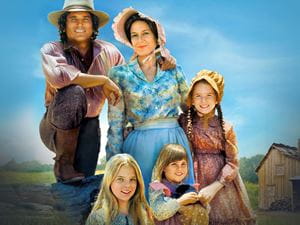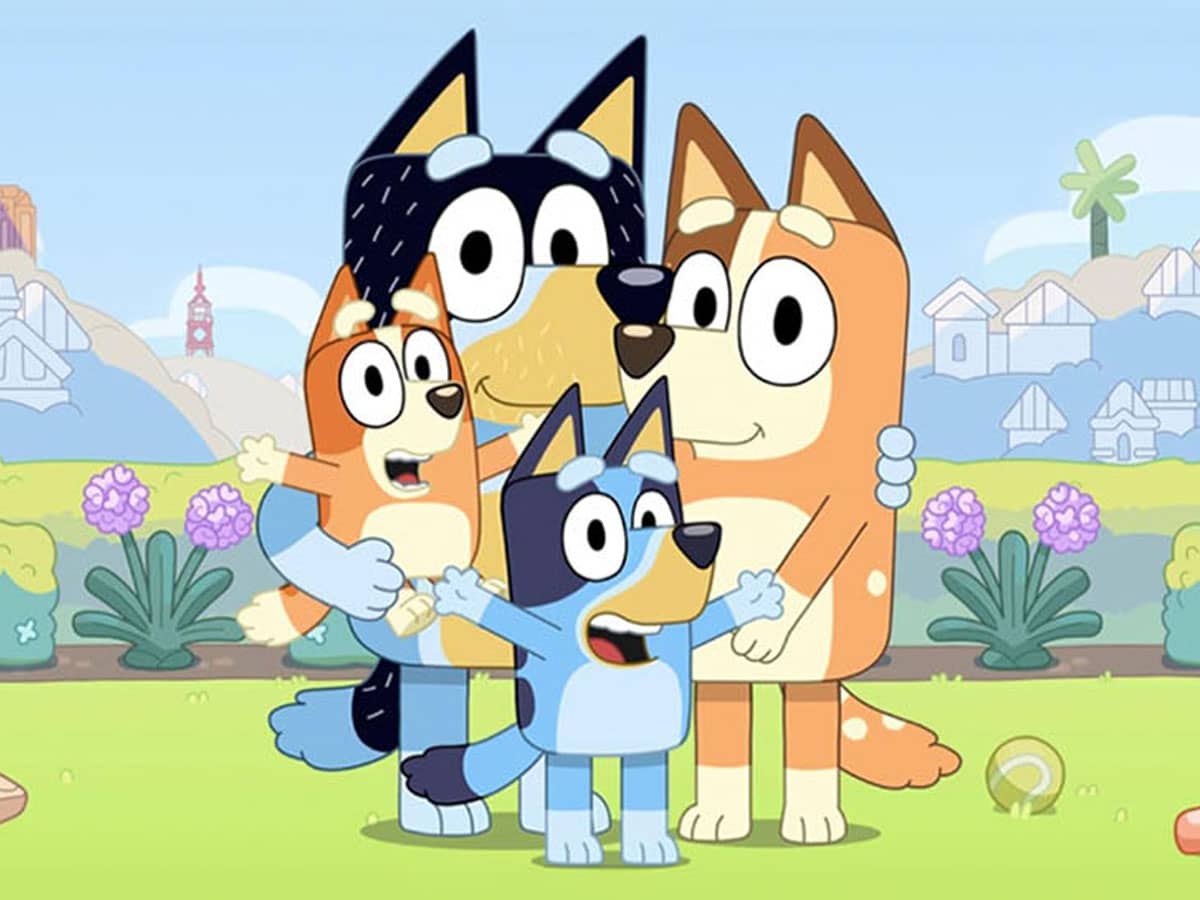
Based on the books by Laura Ingalls Wilder, the television series "Little House on the Prairie" first captivated the nation in the 1970s, introducing viewers to a Christian family unlike any others on television at the time—steeped in uplifting family values and rooted in biblical principles, both overt and subtle. The show’s legacy continues even after 45 years, aired regularly on CoziTV, INSP Network, MeTV, and Amazon Prime streaming.
How is it that "Little House on the Prairie" has stood the test of time when so many other television shows have not? Could its popularity express our desire for stories that reflect faith in God and the importance of family? Viewers longing for simpler times and neighborly goodwill continue to be drawn to the characters as they navigate life’s trials and serve as role models of courageous and faithful living. Having played the role of Baby Grace Ingalls and now having watched the series for almost forty years, I’ve found seven recurring themes that speak to a Christian ethic and set "Little House on the Prairie" apart from most television shows.
1. Living Peacefully With Others
Living at peace with those around us is a major theme in "Little House on the Prairie." Whether at work, school, or church, we often encounter demanding people. The Ingalls family does, too. The daily interactions in the town of Walnut Grove give viewers a practical and often humorous approach to living peacefully with troublesome folks. The show’s Harriet Oleson and her daughter Nellie are beyond difficult, challenging Caroline and Laura Ingalls to exercise self-control and kindness, even when the sentiments aren’t returned. The Ingalls don’t always succeed, but they model Paul’s command to strive to live at peace with all (Romans 12:18).
2. Telling the Truth
Growing up in the Ingalls family, sisters Mary and Laura have plenty of opportunities to bend the truth or flat-out lie. On the show and in life, honesty is a challenge for children and adults alike. Several episodes deal directly with dishonesty in Walnut Grove—among classmates, in families, and with neighbors. The writers of "Little House on the Prairie" revisit the theme repeatedly, demonstrating the disastrous consequences of dishonesty and the healing of apology and grace. Honesty, even when difficult, is a hallmark of character and more importantly, commanded in God’s Word (Ephesians 4:25).
3. Turning to Prayer
The Ingalls family regularly turns to God, their prayers not confined to simply saying grace before supper. Charles thanks God as he walks through his wheat fields. We see Laura often praying for her sick family and troubled friends. Charles and Caroline face many struggles, with their strong faith demonstrated by their intuitive response to ask God for help (Jeremiah 29:12). Their prayers don’t always produce the miracles they seek, but the scenes reveal how God does answer, even if in different ways than we want.
4. Living With Humility
Charles Ingalls is a strong, confident man with a spirit of unusual humility. In our culture, humility is often seen as weakness, but Charles’s character exemplifies what it means to be courageously humble. Charles relies on God through the good times as well as the bad. Begging for work and cleaning up after horses would make most men resentful, but he will gratefully work to provide for his family. No job is beneath him. When the opportunity arises, Charles lets others win because he values people above himself (Philippians 2:3—4). There are times when Charles lets his ego get the best of him, but in those moments, viewers see themselves and are reminded to keep pride in check.
5. Caring For Orphans
Over the nine seasons of "Little House on the Prairie," adoption is a common theme. The Ingalls family cares for, and ultimately adopts, three children needing provision and love. Two other families in Walnut Grove—the Edwards and Olesons—adopt four additional children between them. Although the adopted children do not appear in the books that give rise to the show, executive producer Michael Landon added them, demonstrating a theme close to God’s heart—caring for orphans (James 1:27).
6. Enduring Tragedy
Life on the 1800s prairie meant plenty of opportunities for tragedy, from weather catastrophes to medical crises, and the television series doesn’t shy away from them. Each crisis included a faith element, encouraging the character to cling to God. Tornados, hailstorms, and severe drought ruin the crops. Plagues, blizzards, and fires take the lives of friends and neighbors. The Ingalls family loses an infant son, and their oldest daughter, Mary, loses her sight. The show’s writers focused not only on monumental struggles but also on everyday mishaps and accidents—wagon collisions, children falling into wells and mine shafts, and a child becoming trapped in the ice house. Every time, God is revealed as the source of comfort and help (Psalm 23:4).
7. Valuing Family
Of all the Christian themes in "Little House on the Prairie," the importance of family tops the list. Charles and Caroline represent ideal—yet also real—Christian parents, raising their family to love and honor God as well as the people around them. They instruct their children in the ways of faith and quote Scripture daily (Deuteronomy 6:6—7). They eat together and attend church together every Sunday. Each family member has a unique role to play, sacrificing for the good of all. They work hard and play hard—together. When tragedy hits, they draw together for comfort and courage. Friends come and go throughout the series, but family is forever.
The beloved series takes viewers back to simpler times, but with themes still relevant today—soothing fractured relationships, staying positive in challenging situations, caring for others, and relying on God’s guidance when life looks impossible. "Little House on the Prairie" is a captivating look at how faith bonds a family—a family we have all come to love, a family that—though living in a different era under distinct circumstances—shares much in common with our own.

